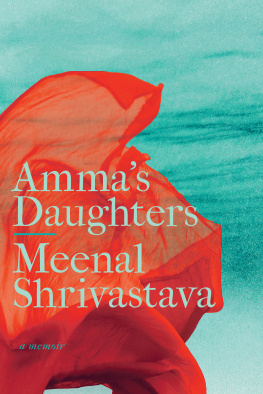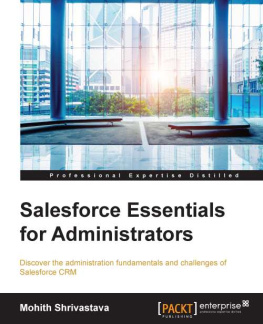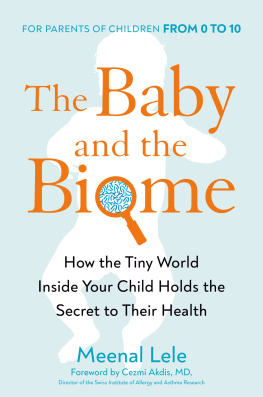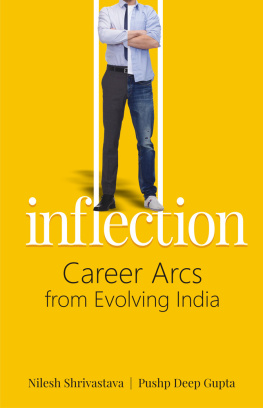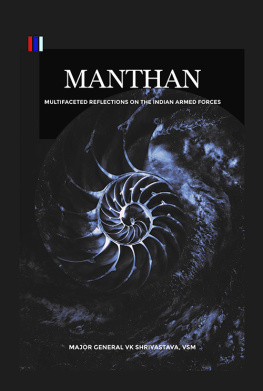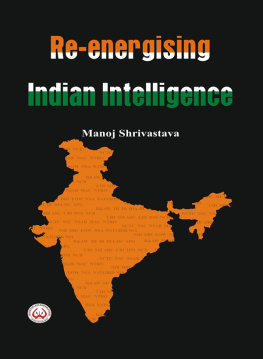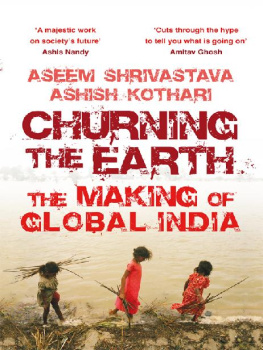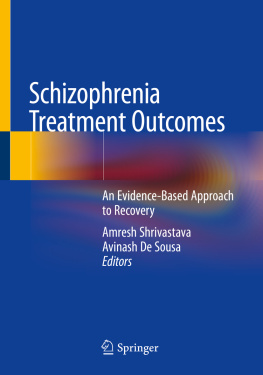Ammas Daughters
Our Lives: Diary, Memoir, and Letters
Social history contests the construction of the past as the story of elitesa grand narrative dedicated to the actions of those in power. Our Lives seeks instead to make available voices from the past that might otherwise remain unheard. By foregrounding the experience of ordinary individuals, the series aims to demonstrate that history is ultimately the story of our lives, lives constituted in part by our response to the issues and events of the era into which we are born. Many of the voices in the series thus speak in the context of political and social events of the sort about which historians have traditionally written. What they have to say fills in the details, creating a richly varied portrait that celebrates the concrete, allowing broader historical settings to emerge between the lines. The series invites materials that are engagingly written and that contribute in some way to our understanding of the relationship between the individual and the collective. Manuscripts that include an introduction or epilogue that contextualizes the primary materials and reflects on their significance will be preferred.
Series Titles
Letters from the Lost: A Memoir of Discovery
Helen Waldstein Wilkes
Man Proposes, God Disposes: Recollections of a French Pioneer
Pierre Maturi, translated by Vivien Bosley
Xwelqwiya: The Life of a St:l Matriarch
Rena Point Bolton and Richard Daly
Mission Life in Cree-Ojibwe Country: Memories of a Mother and Son
Elizabeth Bingham Young and E. Ryerson Young, edited and with introductions by Jennifer S.H. Brown
Rocks in the Water, Rocks in the Sun
Vilmond Joegodson Dralcin and Paul Jackson
The Teacher and the Superintendent: Native Schooling in the Alaskan Interior, 19041918
Compiled and annotated by George E. Boulter II and Barbara Grigor-Taylor
Leaving Iran: Between Migration and Exile
Farideh Goldin
My Decade at Old Sun, My Lifetime of Hell Arthur Bear Chief
The Wolves at My Shadow: The Story of Ingelore Rothschild
Ingelore Rothschild, edited by Darilyn Stahl Listort and Dennis Listort
Ammas Daughters: A Memoir
Meenal Shrivastava
Ammas Daughters
________
Meenal Shrivastava
a memoir
Copyright 2018 Meenal Shrivastava
Published by AU Press, Athabasca University
1200, 10011 109 Street, Edmonton, AB T5J 3S8
ISBN 978-1-77199-195-7 (pbk.) ISBN 978-1-77199-196-4 ( PDF )
ISBN 978-1-77199-197-1 (epub) doi: 10.15215/aupress/9781771991957.01
www.ammasdaughters.com
Cover image Jessica Sharmin and Jovana Milanko / Stocksy.com
Cover design by Natalie Olsen, kisscutdesign.com
Interior design by Sergiy Kozakov
Promotional website design by Darren Johnston, Grit Multimedia
Printed and bound in Canada by Marquis Book Printers
Library and Archives Canada Cataloguing in Publication
Shrivastava, Meenal, 1971-, author
Ammas daughters : a memoir / Meenal Shrivastava.
(Our lives: diary, memoir, and letters)
Includes bibliographical references.
Issued in print and electronic formats.
1. Shrivastava, Meenal, 1971- Family. 2. Gandhi, Mahatma, 1869-1948. 3. IndiaPolitics and government1919-1947. 4. IndiaHistoryAutonomy and independence movements. I. Title. II. Series: Our lives (Edmonton, Alta.)
DS480.45.S57 2018 954.035 C2018-900965-9
C2018-900966-7
We acknowledge the financial support of the Government of Canada for our publishing activities and the Canada Council for the Arts, which last year invested $153 million to bring the arts to Canadians throughout the country. Assistance is also provided by the Government of Alberta through the Alberta Media Fund.
Please contact AU Press, Athabasca University at for permissions and copyright information.
For Ammas great-granddaughters, Aditi, Adya, and Ananyamay you lead your lives with courage, compassion, and conviction.
And for Zoleka V. Ndayi, my willful goddaughtermay you rest in power.
We live by stories, we also live in them. One way or another we are living the stories planted in us early or along the way, or we are also living the stories we plantedknowingly or unknowinglyin ourselves. We live stories that either give our lives meaning or negate it with meaninglessness.
Ben Okri, A Way of Being Free
Preface
_________
In the early 1990s, when I was a student of modern Indian history, women were seldom mentioned in connection with the events that shaped the new nation. The relatively few who appeared in the historical literature were for the most part the wives or sisters or daughters or nieces of prominent independence activistswomen who found themselves in the middle of massive social and political upheaval and were sometimes thrust into positions of leadership, often when their more famous male relative happened to be in jail. Only many years later did I discover, to my surprise, that of the more than eighty thousand people arrested during the civil disobedience of 193031, some seventeen thousand, or better than one in five, were women. And yet, for the most part, the stories of these womenwomen who had the courage of their convictions and went to prison for itare lost to memory.
In the quest for social justice, a story can be a powerful tool of intellectual and emotional persuasion, in its ability to move from one perspective to another, to render history immediate and personal, and to immerse us in the experience of oppression. Stories can also reclaim what standard histories have conspired to erase, as well as shedding light on the mechanisms of this erasure. In the process, such stories do more than fill in empty pages in the historical record. They alter the lens through which we view the past, while they also provide a solid historical grounding that can help us better understand the persistence of inequality and injustices in a society.
Among the seventeen thousand women arrested in 1930 and 1931 was a twelve-year-old girl. At the time, she was known as Shanti, although she was later given the name Prakashwati. This girl was my mothers motherher Amma. I never really knew my grandmother: she died when I was still an infant. But, from the time she was only eight, she kept diaries, and she also wrote an autobiography, published when she was in her mid-forties. My mother, Surekha Sinha, the younger of Ammas two daughters, long intended to write her own account of her mothers life, as seen from the perspective of a daughter. But she also wanted to complete the storyto write about family relationships, about her father, who was hardly mentioned in her mothers autobiography, and her older sister and about how their lives unfolded up to the time of Ammas death. Sadly, that book remained unwritten.
Ammas Daughters is that book, the one my late mother never found an opportunity to write. I wrote it in her voice because it is her account, not my own. As one of Ammas daughters, she came to know some of the women whom history has largely forgottenher mothers friends from the days of the freedom struggle. And, through her mothers recollections, she met some of the men whose names have most certainly not been forgottenDr. Rajendra Prasad, Jawaharlal Nehru, and, above all, Mahatma Gandhi, in whose ashram at Sevagram she spent the better part of a decade. Through her eyes, we also witness the sometimes futile struggle of women to escape confinement within their families, first as daughters and then as wives, and to overcome countless centuries of oppression.



